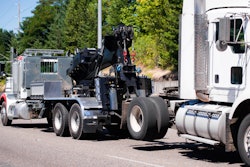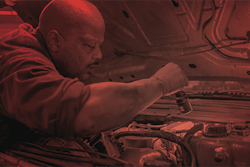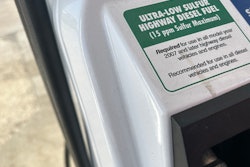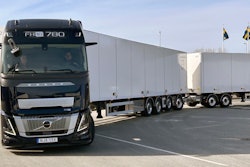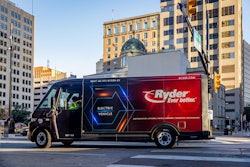Sincerity clouds quickly when it meets monied interests.
For example, current industry groups claim anything but electric trucks are right for trucking’s future; that BEVs are too costly; that the market isn’t buying them; that net lifecycle emissions are worse than those of current diesels; that the infrastructure can’t be built; that past progress in diesel emissions reductions is sufficient.
At the other end of the spectrum, proponents claim anything but electric trucks are ultimately going to hurt the environment. Those non-BEVs are incapable of competing with BEVs and are poor interim choices on the road to emissions reduction.
In the background are nagging questions about who is funding all the arguments and which vested interests are trying to control the narratives.
Let’s ignore that some of these same groups protested that similar past emission improvements were too costly, ineffective and technically impossible, only to be proven wrong by time. Let’s forget that past emissions reductions advocates overestimated savings or market adoption rates, or underestimated costs, as also proven by time.
If your advocacy is entirely about defending the status quo or advocating revolutionary change, credibility can wear thin with time.
I’ve been “in the room” a few times in my career with respect to programs like SmartWay, and the 2010 and 2016 emissions rules. I’ve heard and read quite a few passionate arguments by proponents and opponents of regulations. Few people seem to go back and read the volumes of federal government docket submissions that were submitted before rules become law.


